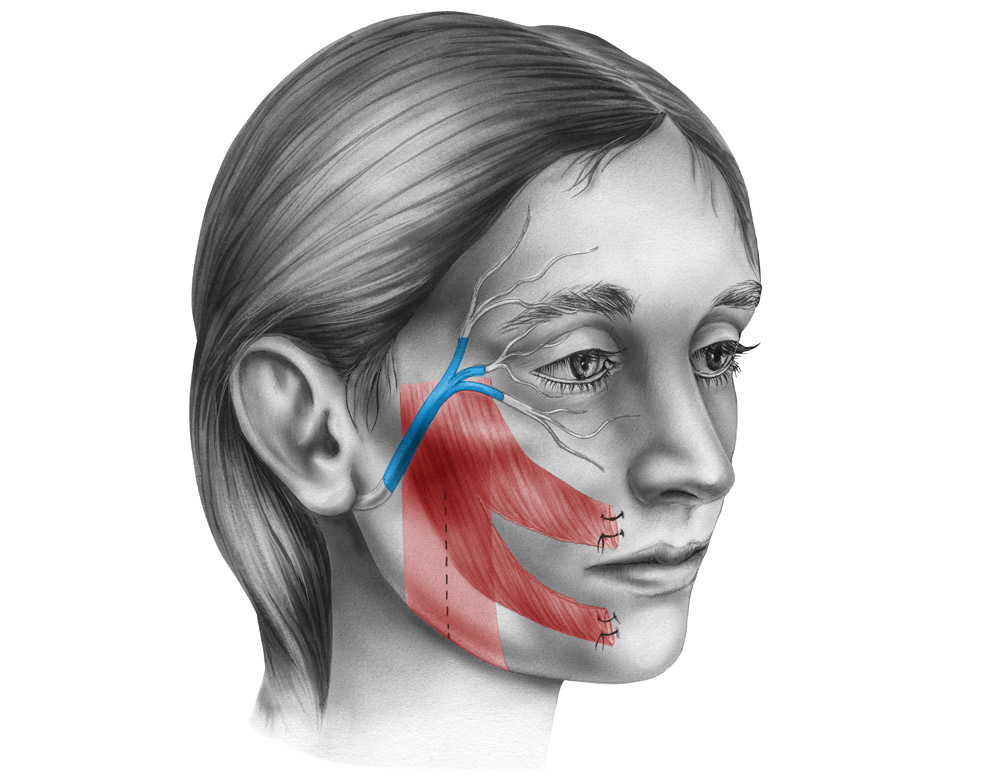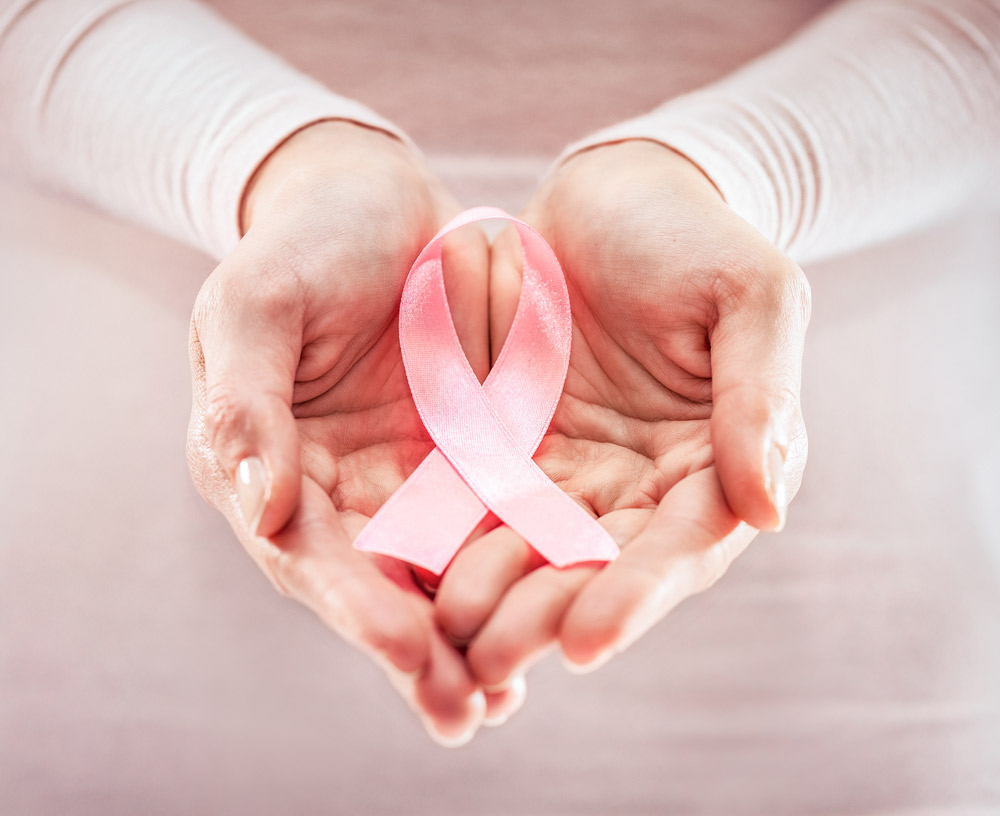
Get Educated
Get Educated
BURNS
Find a Hospital
Information
Nutrition
Resources
CANCER
Choosing a Hospital
Comprehensive Cancer Centers
Choosing a Doctor
Information
Nutrition
Support
Facial Paralysis and Bell’s Palsy

Resources
Support

Injuries and Trauma
Find a Hospital
Information
Support
Reconstructive Surgery
Support
Contact Us
![]() Face2Face Healing
Face2Face Healing
3000 Village Run Rd, Suite #103-206
Wexford, PA 15090
![]()
Call Us: 724-935-3580
![]() info@face2facehealing.org
info@face2facehealing.org
![]() Face2Face Healing
Face2Face Healing
3000 Village Run Rd, Suite #103-206
Wexford, PA 15090
![]()
Call Us: 724-935-3580
![]() info@face2facehealing.org
info@face2facehealing.org




